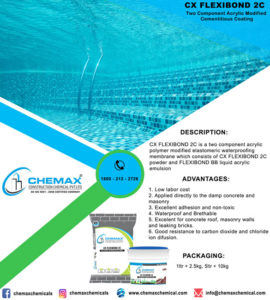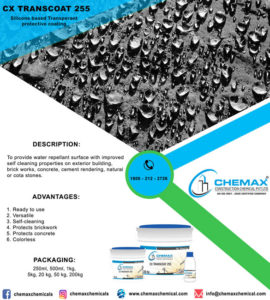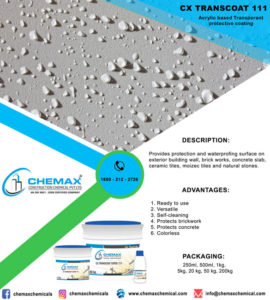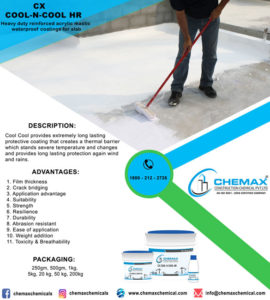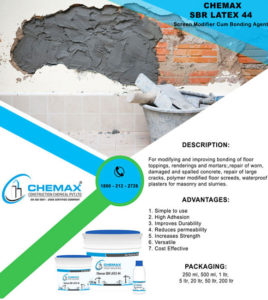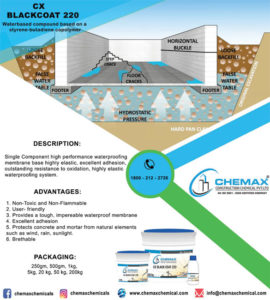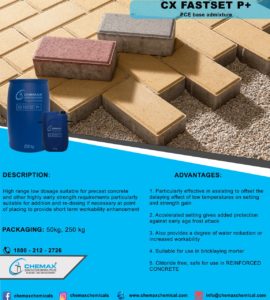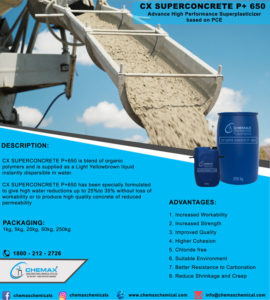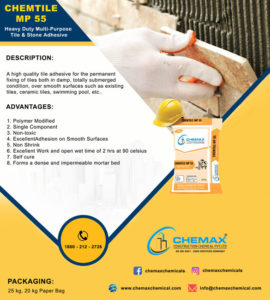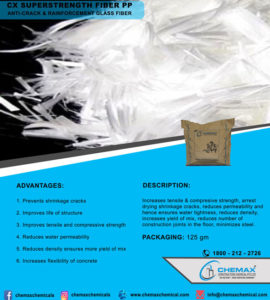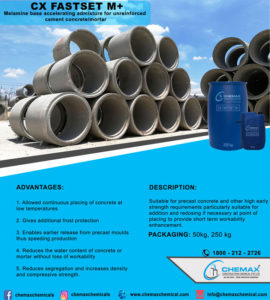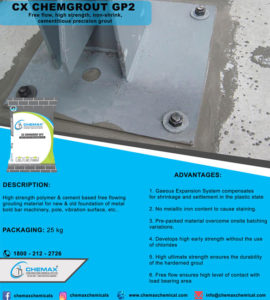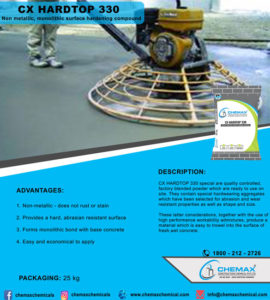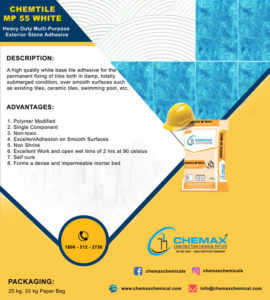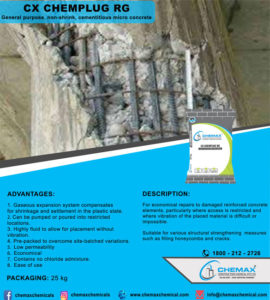For decades, we have installed tiles and natural stones using just sand, cement, and water. Building methods develop along with technology; luckily, adhesives have made everything seem easy and quick.
The tile needs to properly adhere to the base surface whether it’s a wall tile or a floor tile. It is anticipated that the tile glue will prevent the tile from debonding over an extended period of time.
A variety of tiles can be adhered to horizontal and vertical masonry surfaces, floors, swimming pools, interior and exterior wall surfaces, and other surfaces using tile adhesives and grouts.
Flooring: Tiling adhesives have a stronger bond than regular sand-cement mortar. In addition to being waterproof, ceramic tile flooring can be used in damp areas like bathrooms, kitchens, and swimming pools. To enhance the adhesive properties of the adhesives, different polymers are used in combination with them, including acrylic, latex, and epoxy.
Wall Cladding: The application of tile adhesives enhanced with non-skid polymers is used to fasten tiles to walls or wall cladding.
Fixing Glass and Mosaics: Adhesives used to attach mosaics and glass are expensive and very strong. Because they contain cement, these white adhesives can be used in wet or underwater environments.
Tile-on-Tile application: In order to create adhesives for tile-on-tile applications, a cementitious mixture is combined with particular polymers. They are resistant to shrinking and slipping.
Fixing Tiles on Hardwood Surfaces: Liquid adhesives that are mixed with non-skid adhesives before application are used to attach tiles to plywood or a wooden foundation. They can be used in locations that are prone to vibration because of their strong bonding power.

Tile Adhesives Have a Range of Benefit :
Simple to use: Tile adhesives are mixes that are ready to use; all you need to do is add water. Open the tiles’ packaging and start placing them on the ground without soaking them first. There is no need to wait for the moisture to dry before grouting them in a single day.
Fast and efficient: Using a notched trowel, quickly and effectively cover one square meter with the tile adhesive mixture. After applying the adhesive, begin laying the tiles and make quick adjustments inside the lines.
Quality work: In addition to offering superior bonding, shear strength, and long-lasting tile work, adhesives also aid in the prevention of damaged tiles, stains, and efflorescence.
Glass mosaics, polished substrates, drywall systems, pre-existing tiles without having to remove them, parking lots, swimming pools, industrial settings, and many more surfaces can be tiled using them.
Economical: Adhesives are less material-intensive than sand-cement mixtures when installing tiles, which lessens the strain on the building structure.
Depending on the material quality and mix ratios, there are a wide variety of adhesives available today. In flooring, however, tile adhesives are a necessity, and finding the right material will help you complete your task efficiently.

Using Tile Adhesive for Bonding:
- Rapid and effective
- Mix with water only when ready to use.
- It works well with many types of stone and tile, including polished stone, glass, hardwood, drywall, and metal surfaces. It can be applied to any substrate and to already-existing tiles.
- a thinner layer
- Adhesion is improved by tile adhesives with low shrinkage properties.
- Physical and thermal movements are very flexible.
- Because the surface can be used in just one day, the user benefits.
- The tiles don’t need to be soaked.
Support is necessary for all installations, particularly those that have to withstand large weights or constant foot traffic. When tiles are loaded, voids in the adhesive layer may cause them to shatter or collapse. In cold climates, moisture may gather in these voids and result in freeze-thaw damage to outside installations.
However, you must first decide where the adhesive will be used before buying and applying it. because there are many different kinds of glue on the market for different purposes. For instance, ceramic, wall, or exterior tiles cannot be adhered to with floor tile adhesive.
Therefore, depending on their intended use, we may conclude that both are essential.
In addition, you can contact us if you need professional guidance.


